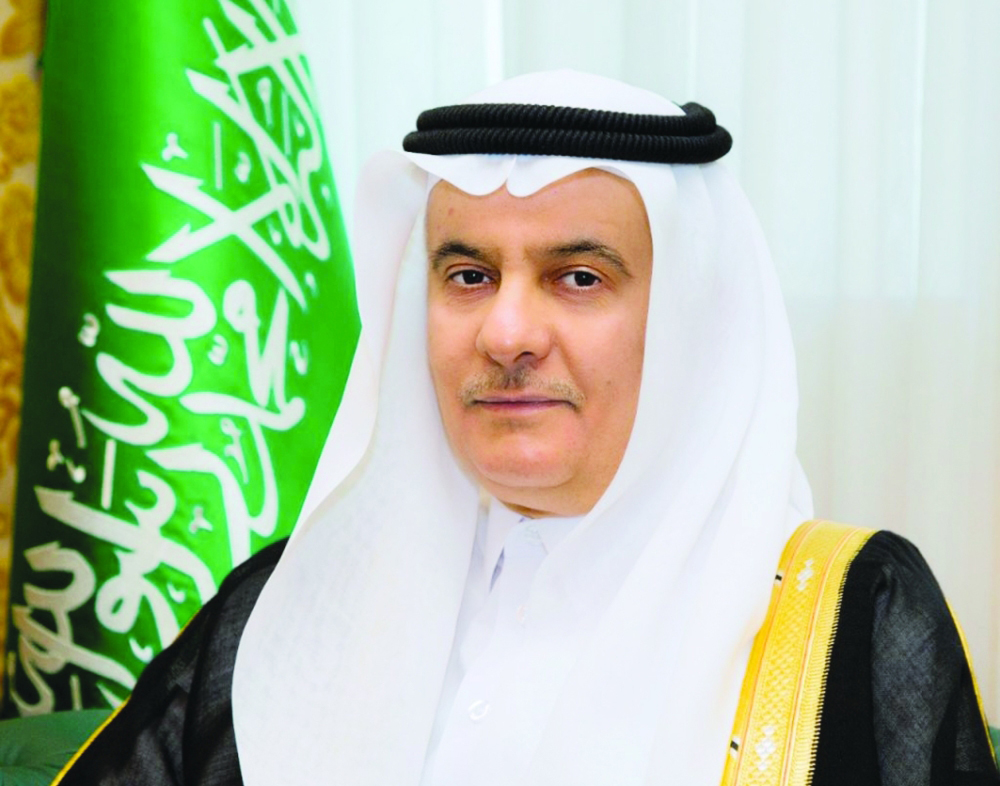
Despite a largely harsh climatic environment, Saudi Arabia has had good food and water security throughout its more recent history, a result of the country’s reliance on its strong petroleum-centric economy food imports and desalinated water production. However, over the past few years, Saudi Arabia has been working to establish a number of policies and projects designed to ensure long-term food security, such as its latest initiative that was unveiled this month by HRH King Salman Bin Abdulaziz at a ceremony attended by various officials.

The Sustainable Agricultural Rural Development Program 2018-2025 has been designed to support the Kingdom’s larger food security initiative. It focuses on eight sectors such as smallholdings and traditional agriculture; production, processing and marketing of Arabic coffee; beekeeping and honey production; rose cultivation and marketing; fruit production and marketing; small-scale fisheries and fish farming; and smallholder livestock production and rain-fed crops.
According to an official press release, Abdulrahman Al-Fadli, Minister of Environment, Water and Agriculture, explained that the program would not only help small producers across Saudi Arabia, it would also significantly support the country’s food-security initiatives “by fulfilling 43 percent of the total food required in target areas, as well as 19 percent of the total food needs of the Saudi Arabia.”

Abdulrahman Al-Fadli
In addition, the program will ensure that Saudi Arabia is provided with sustained access to healthy food, and that Saudi women would be provided with more opportunities in the sector and the labor market at large, a key objective laid down in Vision 2030, the Kingdom’s ambitious blueprint for its future social and economic development.
The minister also took the opportunity to thank King Salman for supporting the country’s key sectors, saying that his ministry would implement this latest program through the application of best global models in agricultural and rural development. He went on to explain that implementation would be done in cooperation with more than nine governmental and private bodies, as well as the UN’s Food and Agriculture Organization (FAO), which will serve as a consultant for the implementation and follow-up phases of the program.

















